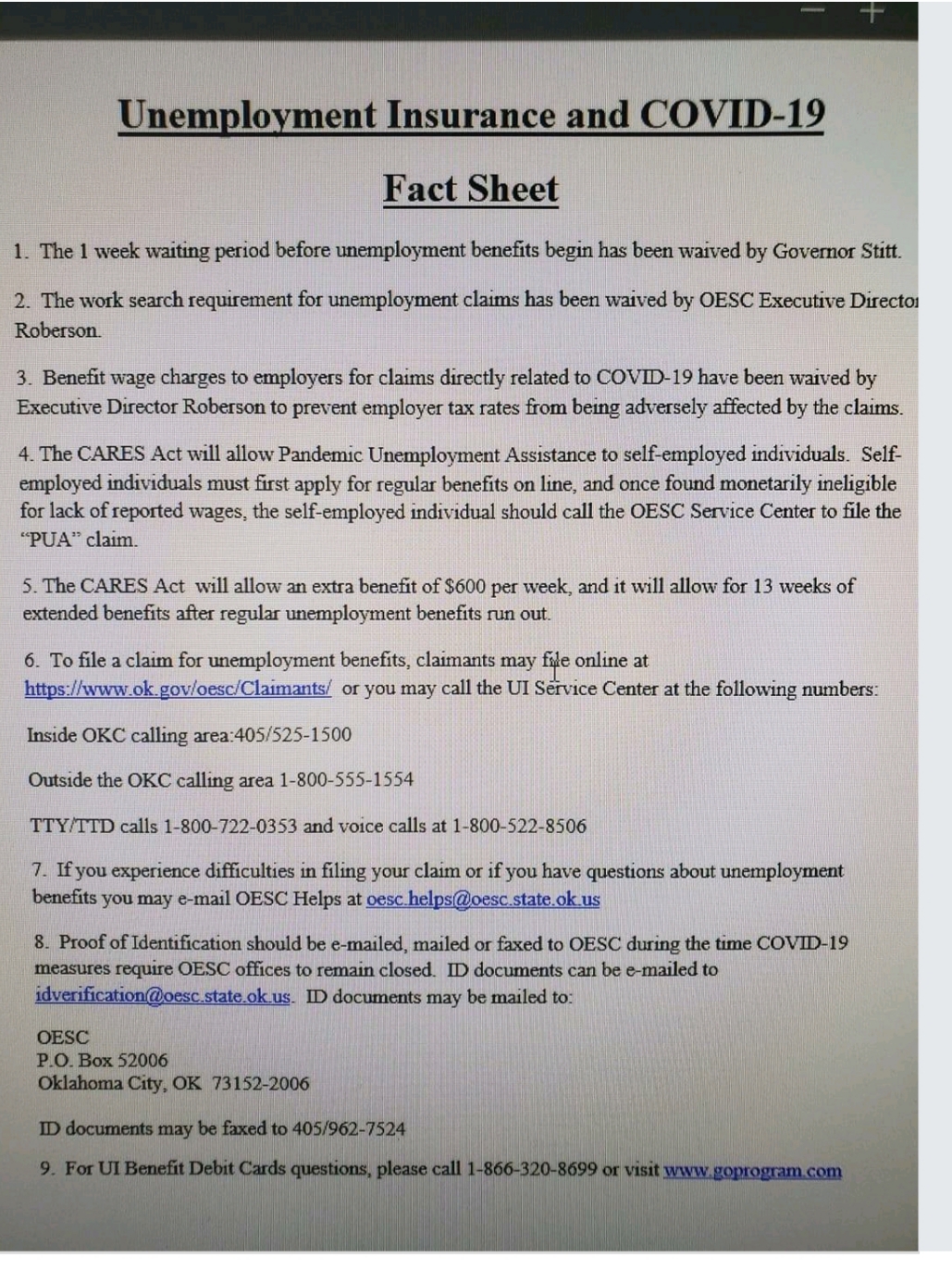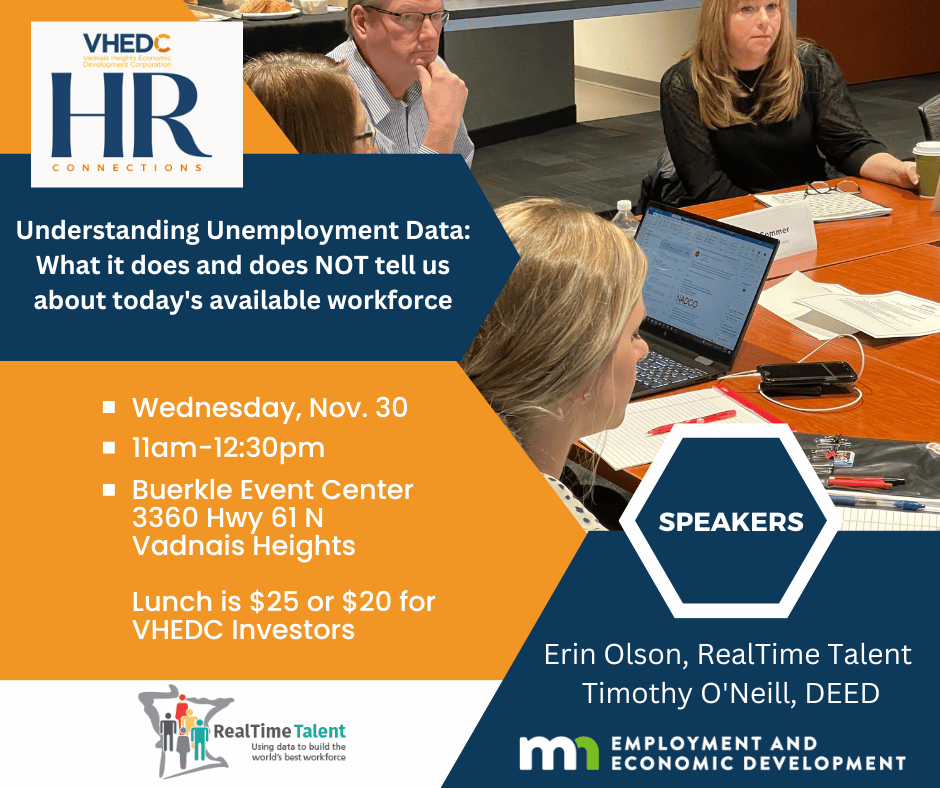Unemployment Fact Finding: The Hidden Truths Behind Job Loss And Economic Shifts
Unemployment is a topic that hits close to home for millions of people around the world. It’s not just about numbers on a spreadsheet or graphs in an economist’s report. It’s real, it’s personal, and it affects lives in ways that go beyond the financial. Imagine waking up one day to find out your job is gone, or watching as industries you once depended on disappear overnight. This isn’t some distant problem—it’s happening right now, and understanding unemployment fact finding can help us navigate these turbulent times.
When we talk about unemployment fact finding, we’re diving deep into the root causes, the effects, and the potential solutions. It’s like peeling back the layers of an onion, where each layer reveals something new and sometimes uncomfortable. But hey, knowledge is power, and the more we know, the better equipped we are to tackle this beast head-on. So, let’s roll up our sleeves and get ready to uncover the truth behind unemployment.
Now, before we dive into the nitty-gritty details, it’s important to set the stage. Unemployment isn’t just a number—it’s a reflection of societal changes, economic shifts, and even global events. Whether it’s a pandemic disrupting industries or automation taking over jobs, the factors are complex and interconnected. By the end of this article, you’ll have a clearer picture of what’s really going on and how you can protect yourself in an ever-changing job market.
Read also:Jenny And Forrest Costume A Timeless Romantic Duo For Your Next Event
What Exactly is Unemployment Fact Finding?
Let’s start with the basics. Unemployment fact finding is the process of gathering information to understand the causes, effects, and potential remedies for joblessness. It’s not just about crunching numbers or looking at unemployment rates; it’s about understanding the human side of the equation. Think of it as detective work, where every clue leads us closer to solving the mystery of why people are losing their jobs and how we can fix it.
For instance, if a factory shuts down, it’s not just about the loss of jobs—it’s about the ripple effect on families, communities, and the local economy. Fact finding helps us connect the dots and see the bigger picture. It’s about asking the tough questions and finding answers that make a difference. And trust me, the answers aren’t always pretty, but they’re necessary.
Why Does Unemployment Fact Finding Matter?
Unemployment fact finding matters because it provides the foundation for meaningful action. Without it, we’re flying blind, making decisions based on assumptions rather than facts. For example, if a government implements policies to combat unemployment without fully understanding the underlying causes, those policies might fail miserably. Fact finding ensures that we’re addressing the right problems with the right solutions.
Moreover, it empowers individuals to make informed decisions about their careers and finances. Knowing why certain industries are struggling or which skills are in demand can help people pivot and adapt to changing circumstances. It’s like having a roadmap in a maze—it doesn’t guarantee a straight path, but it sure makes things easier.
The Causes of Unemployment: Beyond the Obvious
When most people think about unemployment, they immediately point to economic downturns or company closures. While those are certainly factors, there’s so much more to the story. Let’s break it down:
- Economic Downturns: When the economy takes a hit, businesses often cut costs by reducing their workforce. It’s a painful but necessary move for many companies, especially in industries heavily reliant on consumer spending.
- Automation and Technology: Advances in technology have revolutionized the way we work, but they’ve also rendered some jobs obsolete. Think about self-checkout machines replacing cashiers or robots assembling cars in factories.
- Globalization: Companies outsourcing jobs to countries with cheaper labor markets is another major cause. While it benefits the bottom line, it often comes at the expense of local workers.
- Structural Changes: Some industries simply become irrelevant over time. For example, the rise of streaming services has decimated the demand for physical media like DVDs and Blu-rays.
These causes aren’t mutually exclusive—they often overlap and compound each other. That’s why unemployment fact finding is so crucial—it helps us identify the specific drivers in different regions and industries.
Read also:Verizon Internet Service A Comprehensive Guide To Highspeed Connectivity
Unemployment Rates: What Do the Numbers Really Mean?
Unemployment rates are often thrown around in news reports and political debates, but what do they actually tell us? On the surface, they seem straightforward: the percentage of people who are actively looking for work but can’t find it. But dig deeper, and you’ll discover that the picture is far more complex.
For instance, the official unemployment rate might not account for underemployment, where people are working part-time jobs but want full-time positions. Or it might exclude discouraged workers who’ve stopped looking for work altogether. These nuances matter because they paint a more accurate picture of the labor market’s health.
The Impact of Unemployment on Individuals and Communities
Unemployment doesn’t just affect people’s wallets—it affects their mental health, relationships, and overall well-being. The stress of financial uncertainty can lead to anxiety, depression, and even physical health problems. And when one person in a household loses their job, the ripple effect extends to their entire family.
Communities also feel the pinch when unemployment rises. Local businesses struggle as consumer spending decreases, and social services are stretched thin trying to meet the growing demand. It’s a vicious cycle that can be hard to break without targeted interventions.
Long-Term Effects of Prolonged Unemployment
Prolonged unemployment can have devastating long-term effects. Skills can become outdated, making it harder for people to re-enter the workforce. Confidence can wane, leading to a self-fulfilling prophecy of failure. And the financial strain can force people into debt or even homelessness.
But here’s the kicker: these effects aren’t just personal—they’re societal. When large numbers of people are unemployed for extended periods, it weakens the entire economy. That’s why addressing unemployment isn’t just a moral imperative—it’s an economic one.
Unemployment Fact Finding: The Role of Governments and Policymakers
Governments and policymakers play a critical role in unemployment fact finding. They have access to vast amounts of data and resources that can be used to analyze trends and implement solutions. But here’s the catch: they need to use that information wisely.
For example, instead of blindly throwing money at the problem, they can invest in retraining programs that equip workers with skills for in-demand jobs. Or they can create incentives for businesses to hire locally rather than outsourcing. These are just a few examples of how fact finding can inform policy decisions that actually work.
Success Stories: How Some Regions Are Tackling Unemployment
There are success stories out there that prove unemployment isn’t an unsolvable problem. Take Germany’s “Kurzarbeit” program, for instance. During the pandemic, it allowed companies to reduce employees’ hours rather than lay them off, with the government covering part of their lost wages. It was a win-win for both workers and employers.
Or consider Finland’s experiment with universal basic income. While the results were mixed, it sparked important conversations about alternative approaches to addressing unemployment. These examples show that creativity and collaboration can lead to innovative solutions.
The Future of Work: Preparing for What’s Next
As we look to the future, it’s clear that the job market is evolving at breakneck speed. Automation, artificial intelligence, and climate change are just a few of the factors reshaping industries. So, how do we prepare for what’s coming?
One key strategy is lifelong learning. Gone are the days when a single degree or certification could carry you through an entire career. Today, workers need to be adaptable, continuously updating their skills to stay relevant. Governments, employers, and educational institutions all have a role to play in facilitating this shift.
Skills for the Future: What Employers Are Looking For
Employers are increasingly seeking candidates with a mix of technical and soft skills. While proficiency in technology is crucial, so are communication, problem-solving, and emotional intelligence. These are the skills that machines can’t replicate—at least not yet.
Additionally, there’s growing demand for green jobs in renewable energy, sustainable agriculture, and environmental conservation. As the world grapples with climate change, these industries are poised for growth, offering promising opportunities for workers willing to pivot.
Unemployment Fact Finding: Tools and Resources for Individuals
For individuals navigating the job market, there are plenty of tools and resources available to help with unemployment fact finding. From online job boards to career counseling services, the options are vast. But where do you start?
- Networking: Building a strong professional network can open doors to hidden job opportunities. Platforms like LinkedIn make it easier than ever to connect with others in your field.
- Online Courses: Websites like Coursera, Udemy, and edX offer affordable courses in a wide range of subjects, allowing you to acquire new skills at your own pace.
- Government Programs: Many governments provide resources for job seekers, including unemployment benefits, retraining programs, and career counseling.
These tools are only useful if you know how to use them effectively. That’s why it’s important to approach unemployment fact finding with a strategic mindset.
Staying Resilient in Uncertain Times
In uncertain times, resilience is key. Whether you’re dealing with unemployment or just worried about the future, maintaining a positive mindset and a proactive approach can make all the difference. Surround yourself with supportive people, set realistic goals, and celebrate small victories along the way.
Remember, unemployment isn’t a reflection of your worth as a person. It’s a temporary setback that, with the right resources and mindset, can be overcome. And hey, sometimes it’s the challenges that lead to the greatest opportunities.
Conclusion: Taking Action Against Unemployment
We’ve covered a lot of ground in this article, from the causes of unemployment to the tools and resources available for tackling it. The key takeaway is this: unemployment fact finding is essential for understanding the problem and finding effective solutions. Whether you’re an individual navigating the job market or a policymaker shaping economic policy, the more you know, the better equipped you are to make informed decisions.
So, what can you do next? Start by educating yourself about the job market trends in your region. Identify skills that are in demand and take steps to acquire them. Reach out to your network for support and advice. And most importantly, don’t give up. The job market may be tough, but with perseverance and the right strategies, you can overcome any obstacle.
Before you go, I’d love to hear your thoughts. Have you experienced unemployment firsthand? What strategies have worked for you? Leave a comment below or share this article with someone who might benefit from it. Together, we can build a brighter future for everyone.
Table of Contents
- What Exactly is Unemployment Fact Finding?
- Why Does Unemployment Fact Finding Matter?
- The Causes of Unemployment: Beyond the Obvious
- Unemployment Rates: What Do the Numbers Really Mean?
- The Impact of Unemployment on Individuals and Communities
- Long-Term Effects of Prolonged Unemployment
- Unemployment Fact Finding: The Role of Governments and Policymakers
- Success Stories: How Some Regions Are Tackling Unemployment
- The Future of Work: Preparing for What’s Next
- Skills for the Future: What Employers Are Looking For
- Unemployment Fact Finding: Tools and Resources for Individuals
- Staying Resilient in Uncertain Times


